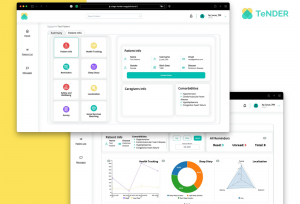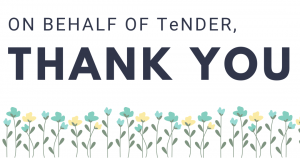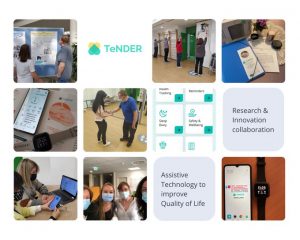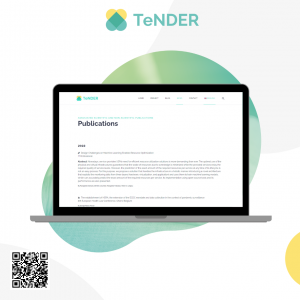Within the European Week of Healthy and Active Ageing framework, PlatformUptake.eu organised a workshop on 18 October titled “Large-scale uptake of open platforms in the AAL/AHA domain.”
Javier Ganzarain and Frederic Lievens from PlatformUptake.eu hosted a panel discussion on assistive technologies’ role in the Active and Healthy Ageing (AHA) domain. The workshop facilitated a discussion on the benefits of platforms that support Active Assisted Living (AAL), such as TeNDER, and the existing barriers to adoption.
 Among the potential benefits of assistive technologies, helping people with chronic diseases live more independently and longer at home as they age remains vital. Platforms such as TeNDER can support this by creating an environment where patients feel safe, knowing that if their conditions deteriorate, their caregivers and health and social care providers will be alerted.
Among the potential benefits of assistive technologies, helping people with chronic diseases live more independently and longer at home as they age remains vital. Platforms such as TeNDER can support this by creating an environment where patients feel safe, knowing that if their conditions deteriorate, their caregivers and health and social care providers will be alerted.
Ricardo Vitorino from Ubiwhere not only re-visited the benefits of assistive technology, but he also focused on one of the core enablers of these systems: interoperability – or the communication between different devices, platforms, and networks.
By imagining a networked environment as a central nervous system, we can visualise the central role of communication between different systems. A device must be able to speak with the various pieces of software through the platform to make gathered data intelligible and valuable. For example, in the case of TeNDER, the web application, which processes and charts information for health professionals and other users, must be able to communicate with the devices that gather the data the charts are based on about their sleep and daily activities.
Because of the sensitive medical data specific systems gather and feed, a robust policy framework must be in place to protect people’s privacy and prevent abuse. In TeNDER, our technical partners, such as Ubiwhere, work to ease the communication between the devices, digital services, and networks within the project’s integrated care system. In the meantime, end-user partners and legal scholars work to ensure that all this happens within a solid legal and ethical framework backed by EU and national laws and regulations.




